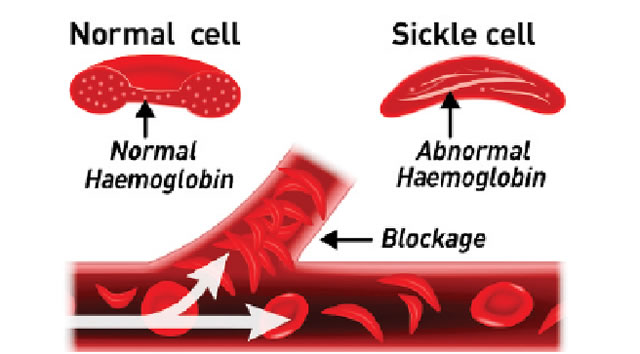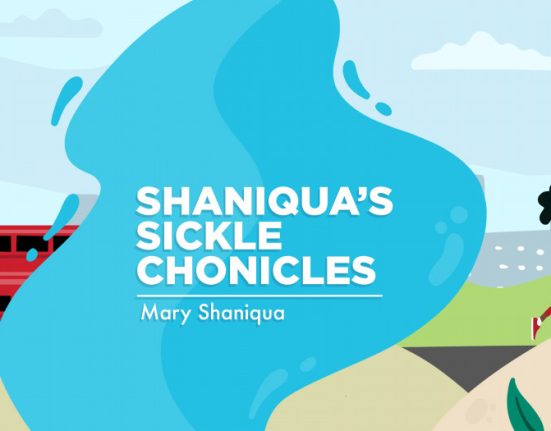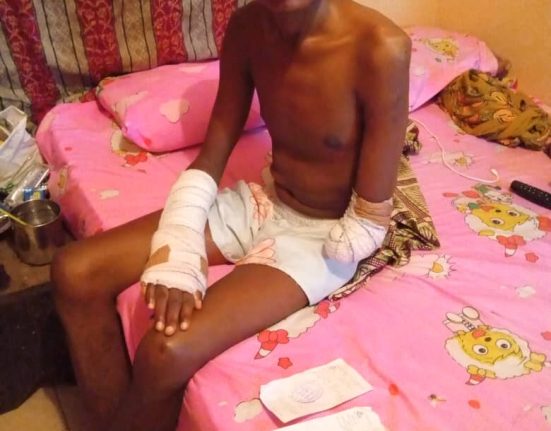Despite growing awareness and existing laws mandating genotype screening before marriage, the rising trend of falsified genotype test results is threatening public health and tearing families apart across Nigeria. An in-depth investigation, has uncovered disturbing patterns of forgery, medical negligence, and desperation among couples seeking to bypass genetic incompatibility, often at the cost of their children’s well-being and their marriages.
Every year, hundreds of couples across Nigeria submit themselves to mandatory medical tests ahead of their wedding ceremonies, particularly in religious settings such as churches and mosques. In Bauchi State, the wedding committee of Gwallaga Jumma’at Mosque oversees around 500 marriages annually. According to its chairman, Hassan Ladan, several marriages have been disapproved after the discovery of fake genotype results, mostly originating from privately-owned medical laboratories. He noted that suspicious results are usually subjected to re-testing at the mosque’s hospital, and in several cases, have been found to be falsified.
The committee insists that all intending couples must complete standard forms and submit them days before their scheduled marriage. Once received, the forms and attached test results are scrutinised for authenticity. Genotype verification typically involves assessing official stamps, signatures, and dates from accredited personnel. Although Ladan refrained from naming the laboratories whose results were invalidated, he confirmed that many came from facilities operated by unqualified individuals.
In both religious and civil settings, genotype compatibility tests are considered vital to preventing sickle cell disease, a genetic condition that arises when two individuals with the AS genotype, or other incompatible variants, procreate. Medical professionals note that genotype mismatches can result in children being born with the SS genotype, condemning them to a lifetime of chronic illness, pain, and reduced quality of life.
Despite existing legislation such as the Bauchi State Compulsory Genotype, HIV Test, and Anti-Discrimination Law of 2017, which mandates medical screenings before marriage, some couples still find ways to manipulate the system. A similar legal framework exists in Anambra State, and a bill is currently being reviewed in the House of Representatives to extend such requirements nationwide. The proposed bill, sponsored by Rep. Akin Rotimi, would make genotype testing a legal prerequisite for issuing marriage certificates. Violators, including health facilities issuing fraudulent results, could face fines up to ₦1 million or imprisonment.
However, enforcement remains weak. Several couples, desperate to marry despite genetic incompatibility, have reportedly bribed or influenced laboratory staff to alter results. One particularly troubling account from Dass Local Government Area in Bauchi revealed how a man, after repeated test results confirming he was AS, eventually secured a falsified AA result with help from his cousin, a biochemistry student on industrial training in a hospital laboratory. The couple, believing they were safe, went ahead with their wedding.
Cases like these are not isolated. A nurse from a government hospital in the South-West recounted an incident where a child with an SS genotype had parents who were supposedly AA and AS. The mother insisted the child was biologically theirs, raising questions about fraudulent results or even paternity fraud.
Further complicating the issue are conflicting test outcomes from multiple laboratories. In several reported cases, individuals received different genotype results from different medical facilities, creating confusion and mistrust. For instance, a Lagos-based technician, Kingsley Chidi, initially believed he was AA until a church-mandated test suggested he was AS. His wife, also thought to be AA, had previously received an AS result from a teaching hospital.
Experts say such discrepancies often stem from poor testing standards and the use of unqualified personnel. Dr. Salis Mukhtar, a senior registrar in hematology at Abubakar Tafawa Balewa University Teaching Hospital, explained that only trained professionals with a degree in medical laboratory science should conduct genotype tests. He lamented the growing number of untrained individuals—many of whom lack formal medical education—running private labs across Nigeria. These individuals often perform tests they are not qualified to handle, leading to incorrect or manipulated results.
Confirming this, Sadiq Ibrahim of M.Y.A Medical Diagnostic Laboratory in Dass admitted that some prospective couples have approached him with bribes to alter genotype outcomes. Although he claims to have rejected such offers, he said many couples resort to forging results themselves by writing fake genotypes on pre-issued laboratory forms, especially at under-equipped primary health centres.
Beyond moral and legal implications, the consequences of genotype fraud are grave. Children born with sickle cell disease often face lifelong suffering. Marriages built on lies frequently collapse when the truth surfaces, leaving emotional scars, financial strain, and in some cases, abandoned children. In one viral incident shared by an X user, a man found out after the birth of his first child that both he and his wife were AS—despite her claiming to be AA before marriage. The child was born with SS, and the couple’s relationship deteriorated soon after.
Biotechnologist Benson Okorie confirmed that a person’s genotype does not change, barring extremely rare genetic mutations. He emphasized that consistent testing in multiple accredited laboratories should yield the same result, and any significant discrepancy is usually a red flag for fraud or incompetence.
The manipulation of genotype results not only jeopardises public health but undermines trust in Nigeria’s healthcare system. Experts and health advocates now call for stricter regulation of medical laboratories, increased public education on the importance of accurate testing, and robust penalties for offenders.
Medical Laboratory Scientist Chima Obi advised couples to conduct their genotype tests in reputable teaching hospitals or recognised diagnostic centres. He urged adults to verify their genotype status in more than one facility, especially when planning for marriage.
As the Nigerian government considers tougher legislation, the burden also lies on religious bodies, medical institutions, and families to hold themselves accountable. The stakes are high: the lives of future generations depend on truth, science, and the courage to make difficult but informed choices.



